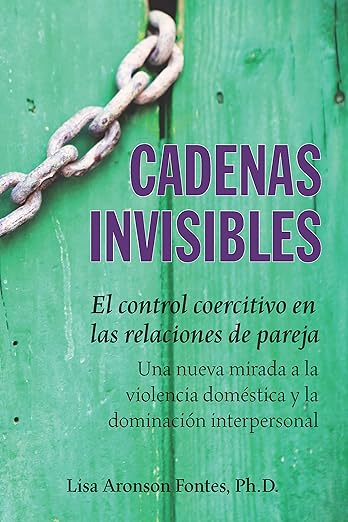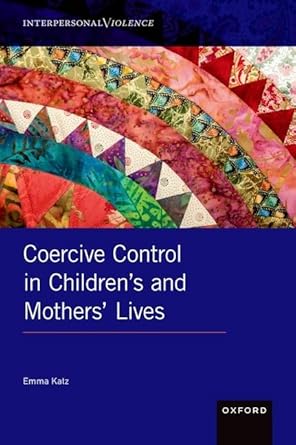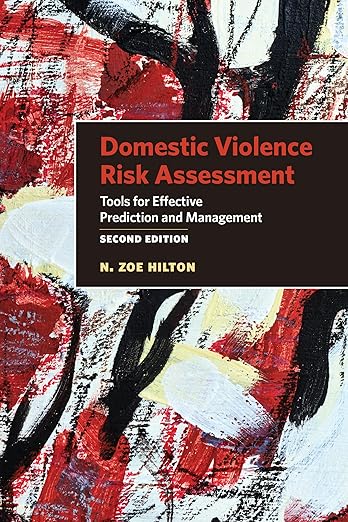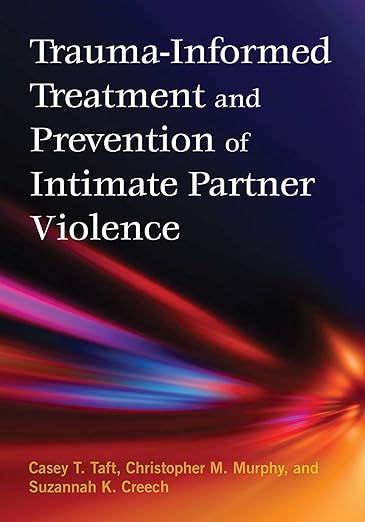Domestic Violence
Domestic violence, also known as Intimate Partner Violence (IPV), is abuse or aggression that occurs in a romantic relationship. It can occur among both heterosexual and same-sex couples. “Intimate partner” refers to both current and former spouses and dating partners.
IPV can vary in how often it happens and how severe it is. It can range from one episode of violence to chronic and severe episodes over multiple years.
From Our Collection
IPV Can Include Any of the Following Types of Behavior:
- Physical violence is when a person hurts or tries to hurt a partner by using physical force.
- Sexual violence is forcing or attempting to force a partner to take part in a sex act, sexual touching, or a non-physical sexual event (e.g., sexting) when the partner does not or cannot consent.
- Stalking is a pattern of repeated, unwanted attention and contact by a partner that causes fear or concern for one's own safety or the safety of someone close to the victim.
- Psychological aggression is the use of verbal and non-verbal communication with the intent to harm a partner mentally or emotionally or to exert control over a partner.
Source: CDC
Research & Data
- NCADV - Statistics
Includes national and state-by-state statistics on: domestic violence, rape, homicide, children and domestic violence, economic impact, and physical/mental impact.
- PubMed
PubMed comprises more than 20 million citations for biomedical literature from MEDLINE, life science journals, and online books. Citations may include links to full-text content from PubMed Central and publisher websites.
- The National Intimate Partner and Sexual Violence Survey
Find data on Intimate Partner Violence (IPV) and Sexual Violence (SV).
Locate a Treatment Facility
Videos
Podcasts
Trainings
- Clergy Response to Domestic Violence Survivors: How To Engage and Train Faith Leaders (Office for Victims of Crime)
- Creating and Sustaining Financial Well Being (National Domestic Violence Hotline)
- Effective Treatment for Survivors of Intimate Partner Violence
- National Resource Center on Domestic Violence Training Institute
- Reimagining Our Community Responses to Intimate Partner Violence (Office for Victims of Crime)
- Why Aren't Abusers Held More Accountable? Flipping the Script (National Domestic Violence Hotline)




